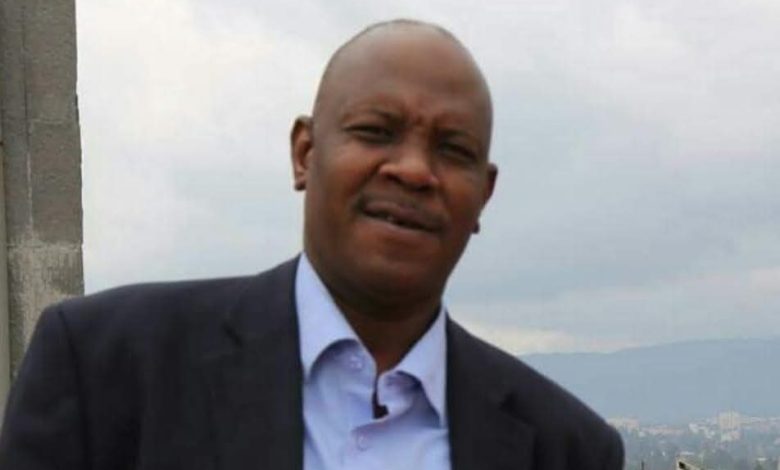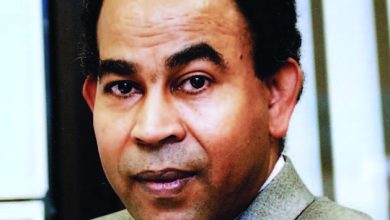Medals of Valor

By Mohamed Hamed Jumaa Nawar
If the men who traverse distances under bombardment, sniper fire, and mine-laden lands to reach the General Command and Signal Corps are heroes, then their brothers on the frontlines and in the trenches, enduring into their second year, have undoubtedly completed the medals of valor and earned their seals. The General Command, Signal Corps, and Armored Corps were like islands surrounded by a sea of darkness, illuminated only by flames and bullets. They operated without supply lines, no organized rear space, and no replacements. Whoever was martyred had no substitute except from the same rank, and those who were wounded healed only through patience and resilience. Yet, the brigade neither broke nor faltered.
We all know the location of the General Command. It is besieged by the enemy from the southern side, where part of the Guest House and the General Intelligence Service buildings are located, as well as part of its southwestern surroundings. To the east, near the airport, lies Al-Safa neighborhood, and a little to the north is Berri. These are complemented by enemy fire from Al-Riyadh, the Sports City, and Arkawit, and even from across the Blue Nile in East Nile and Kober.
2
The question arises: how many Sudanese army soldiers stood amidst this inferno, at the heart of the red circle, where the enemy’s gathering points—numbering in the thousands—were concentrated? The enemy’s forces were divided into groups of a hundred per thousand. How many army soldiers stood against them? Likely no more than a thousand Sudanese soldiers. This begs the obvious question: how does a single army soldier stand against multiple enemy fighters, man-to-man, without even considering the disparities in ammunition supplies, shifting attackers, and the inevitable diversity of the enemy’s assault waves in terms of formations and armament?
Despite all this, the enemy failed, for nearly two years, to raise their flag on the pole at the gate of the General Command. The black and white-striped banner of the army continues to fly unfalteringly to this day.
3
Similarly, the Signal Corps in Bahri—a technical corps, not a combat unit in the literal sense—was hardly equipped to handle a conflict the size of the war that began on April 15. Yet, it stood as an unyielding fortress, with death before it and the Blue Nile behind it. The same steadfast men stood their ground, replacing their martyrs with prayers and unwavering promises, while their wounded relied on a handful of volunteers, both civilian and military (a story to be told later). Yet those men achieved feats that seemed impossible. They deserve, even before their brave comrades, all the medals of courage and every honor of patriotism untainted by hypocrisy.
What happened in the General Command and Signal Corps proves that courage can overturn numerical superiority. The popular Sudanese saying to the contrary has been shattered by these men, who turned its meaning upside down.
A salute to all the valiant men of the Engineers and the Armored Corps. And a special salute to our men in the General Command and the Signal Corps. This is not flattery, but if anyone cannot recognize the truth of these circumstances and conditions, they are blind and misguided. We see clearly, without distortion, and understand without doubt.



